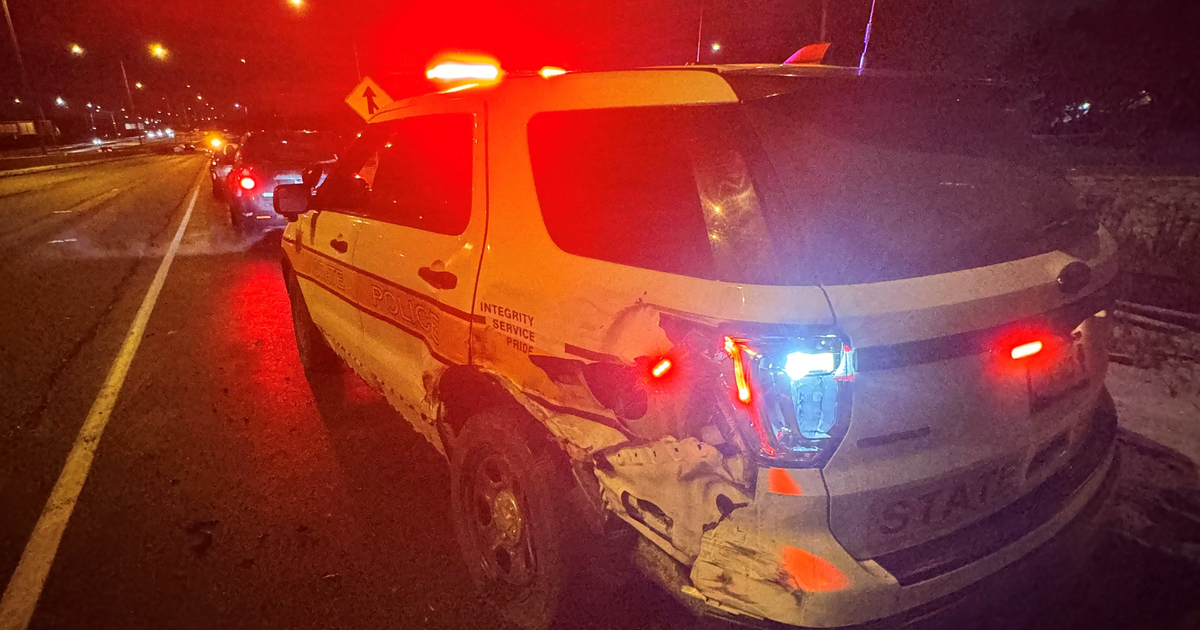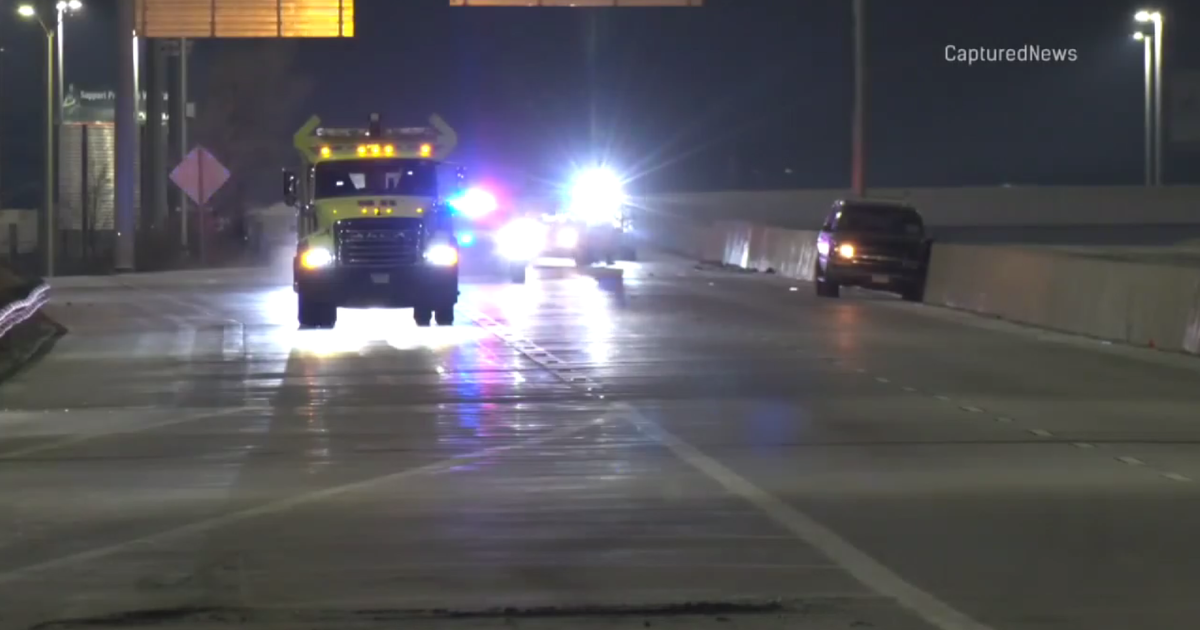Startups Race To Show What Alternatives To Uber And Lyft Could Look Like For California Drivers
(CNN) -- With hundreds of thousands of Uber and Lyft drivers facing uncertain futures in California, two startups hope drivers will take a chance on their alternative approaches to the ride-hail business.
Uber and Lyft, which have built up massive fleets of drivers by treating them as independent contractors, are in the midst of a heated legal battle over how its drivers are classified in the state. Both recently threatened to shut down their services in the state rather than comply with a court order to reclassify their drivers as employees.
The future of these workers is uncertain, as a new worker classification in CA, known as AB-5, went into effect on Jan. 1. In late August, the ride-hailing companies were granted a temporary reprieve from complying with the law, and they continue to fight against it applying to the drivers on their platforms. Uber and Lyft support a referendum on the ballot in November that seeks to exempt them from the law.
In the meantime, some startups see a chance to show alternative models to the behemoth ride-hail platforms, including what it's like for drivers to fully control how and to whom they provide a service.
Empowering gig workers as small business owners
That's the promise of a new app by Dumpling, a Seattle-based startup originally launched in 2018 to create an alternative to on-demand grocery delivery services like Instacart.
Workers that use Dumpling's platform are effectively small business owners. Dumpling shares information with workers about how to set up a sole proprietorship or LLC and offers a suite of tools, including a personalized website, business coaching, and a pre-funded credit card to shop orders, to help them run their own businesses.
Dumpling charges workers a setup fee, and offers both free and paid monthly subscriptions for access to the tools. (There are also additional fees, such as a credit card processing fee.)
Workers have the freedom to choose their clients, set their own prices, go to a range of stores for one order and build a direct relationship with clients, who can request the same shopper in the future.
"The idea was to have technology aid and help [workers] rather than control them," Dumpling cofounder and co-CEO Joel Shapiro told CNN Business.
Now, in addition to grocery, Dumpling -- which has raised $10 million in funding, including $6.5 million since the beginning of the pandemic -- wants to aid drivers in starting ride businesses with a separate app called Dumpling Drive.
"With everything going on in California, there has been a big uptick in interest of people looking for an alternative," Shapiro said, noting that Drive is now available nationwide and is offering drivers the first 60 days free of cost. After that, it will charge a $20 monthly subscription.
While Uber and Lyft popularized a very different use case for consumers -- the ability to get a ride on a moment's notice at any time -- Shapiro said the Drive service intends help drivers go after a subset of the ride-hail market, which he referred to as "scheduled rides," such as daily commutes, appointments and more.
Drive workers, who set their own prices, must build up a client base directly with customers. Drivers are assigned a unique ID code, which they can give to potential riders. If a customer wants to book a ride through Drive, they go to the app, input the code, and request or schedule a ride directly from a specific driver. On Dumpling Grocery, consumers can search for nearby workers with a zip code and this feature will be added to Drive as more workers join.
Robert Prather Jr., a gig worker in Sacramento, told CNN Business that he recently started using Dumpling's grocery app and has started testing out Drive, as well. He set up a Facebook page to market his business, which he says is very much in the beginning stages.
"I'm planting seeds right now waiting for it to grow," he said, adding that Uber and Lyft continue to make up the bulk of his income and that if the companies suspended their services "realistically, I would've had to get a 9-to-5."
Making drivers employees
On the flip side, Dallas-based rideshare startup Alto is gearing up to enter California by late October, beginning with Los Angeles. The startup, which launched in January 2019, classifies its drivers as employees, which Uber and Lyft have long fought against because they would need to offer them certain benefits.
Alto has focused on offering an upscale ride service focused on hospitality and safety. As employees, its drivers are fingerprinted and drive the company-owned vehicles, which are monitored and cleaned regularly. As another differentiating factor, Alto offers healthcare benefits and pays hourly wages to drivers.
The ongoing labor dispute in California coupled with the continued health crisis has created a sense of urgency to expand Alto outside of Texas, according to Will Coleman, Alto's founder and CEO.
"We're currently getting more inbound interest from California drivers organically than in cities we're currently operating in," Coleman told CNN Business.
Coleman said some of Alto's driver employees work fewer than 10 hours per week and have "significant flexibility" in choosing when they want to work whereas others work full-time and are guaranteed a certain number of hours in exchange for open availability.
"We want to show consumers there really is an alternative," Coleman added.
The-CNN-Wire
™ & © 2020 Cable News Network, Inc., a WarnerMedia Company. All rights reserved.







